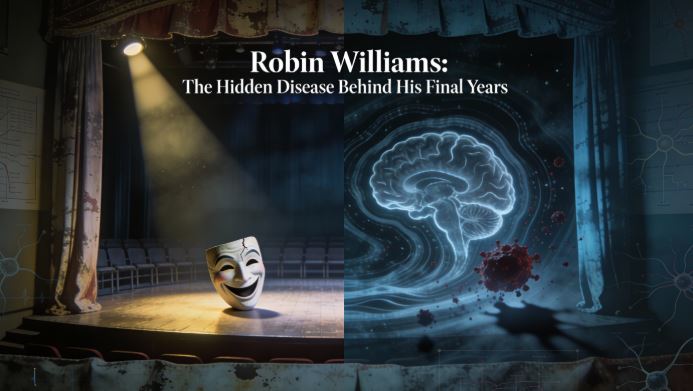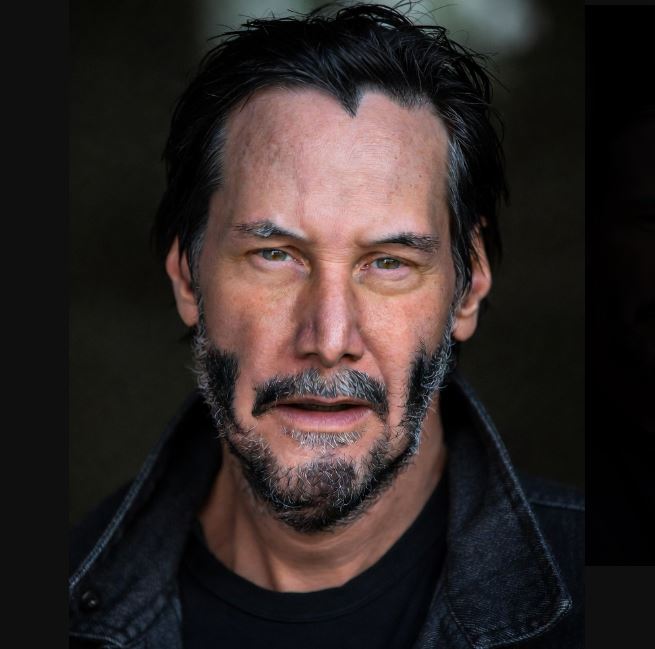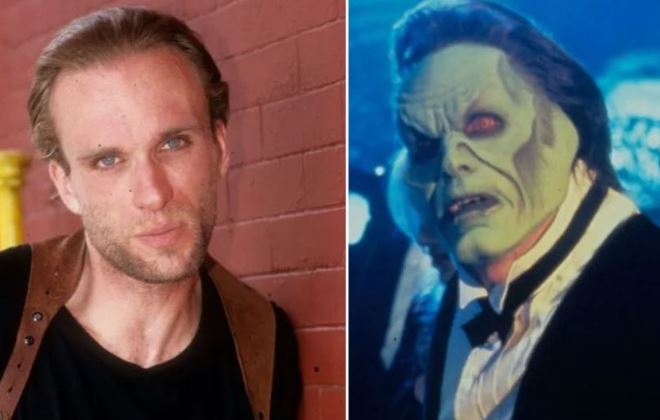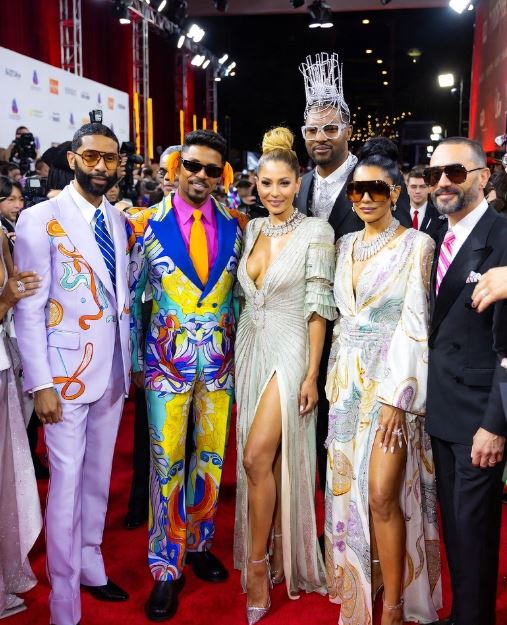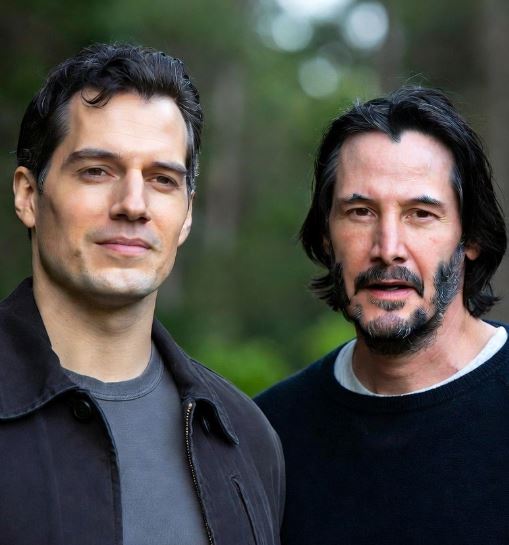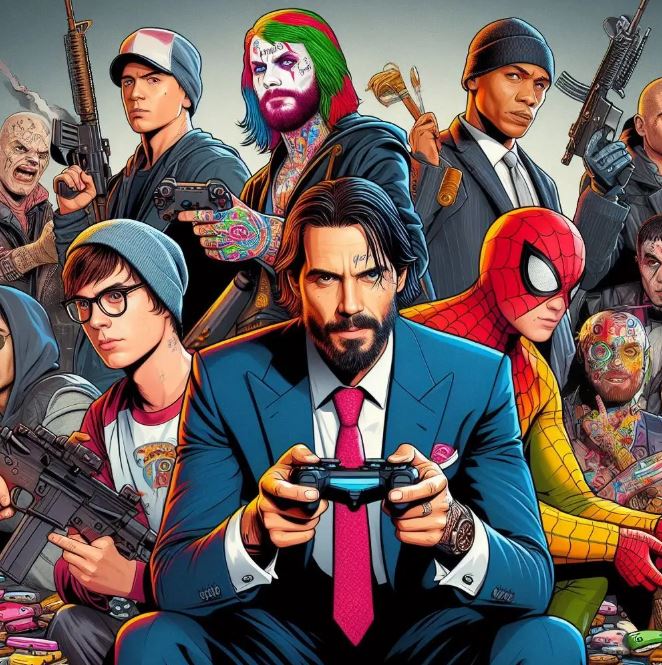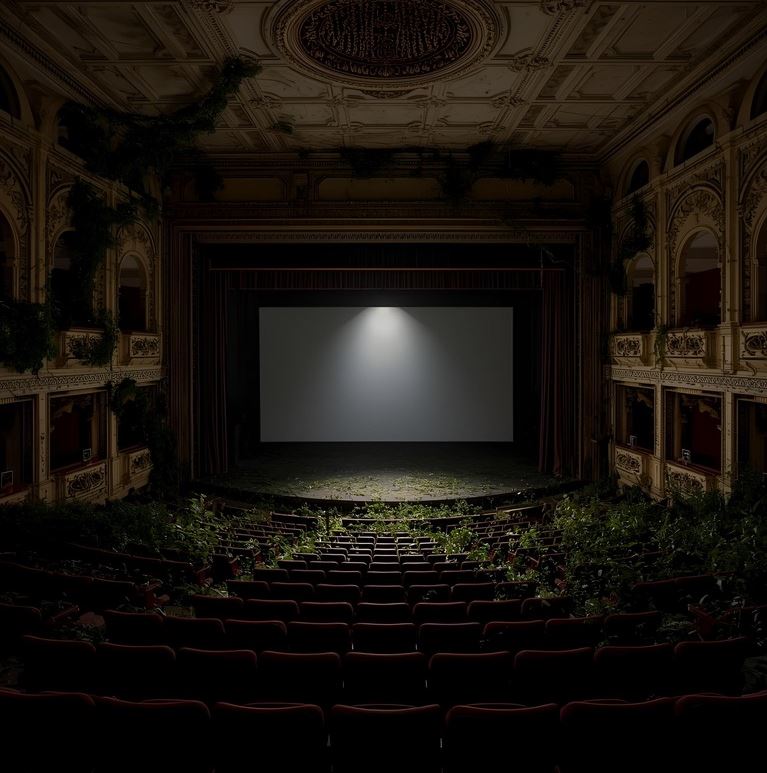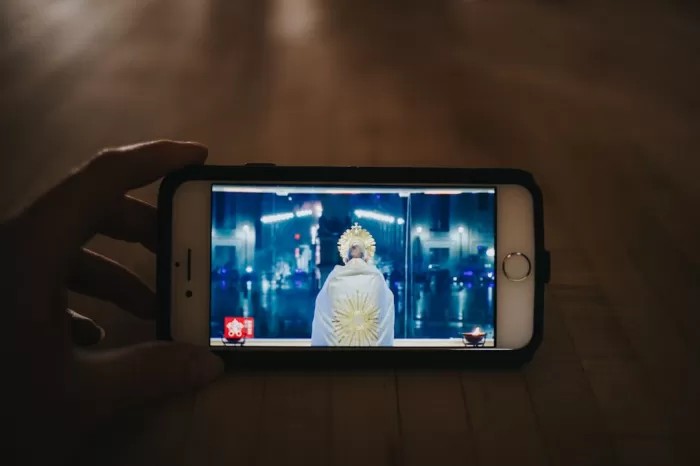Hollywood directors venturing into virtual reality filmmaking

The Appeal of Virtual Reality
Exploring New Horizons
Virtual reality (VR) has opened up a whole new world for filmmakers, allowing them to create immersive experiences that transport viewers to different dimensions. Directors like James Cameron and Steven Spielberg are now stepping into the realm of VR to push the boundaries of storytelling.
Immersive Storytelling
Imagine being able to step inside your favorite movie and interact with the characters or explore the set. With VR technology, filmmakers can create narratives that blur the lines between fiction and reality, offering viewers a truly immersive experience.
Enhanced Audience Engagement
By incorporating VR elements into their films, directors can engage audiences in new and exciting ways. For example, viewers can choose different story paths or perspectives, making each viewing experience unique and engaging.
Challenges and Opportunities
While VR filmmaking presents numerous opportunities, it also comes with its own set of challenges. Directors must learn to navigate the technical aspects of VR production and find ways to harness its full potential to create compelling and memorable experiences.
The Future of Filmmaking
As Hollywood directors continue to explore the possibilities of virtual reality, we can expect to see a revolution in the way stories are told and experienced. The appeal of VR lies in its ability to transport audiences to new worlds and create unforgettable cinematic experiences.
Overcoming Technical Challenges
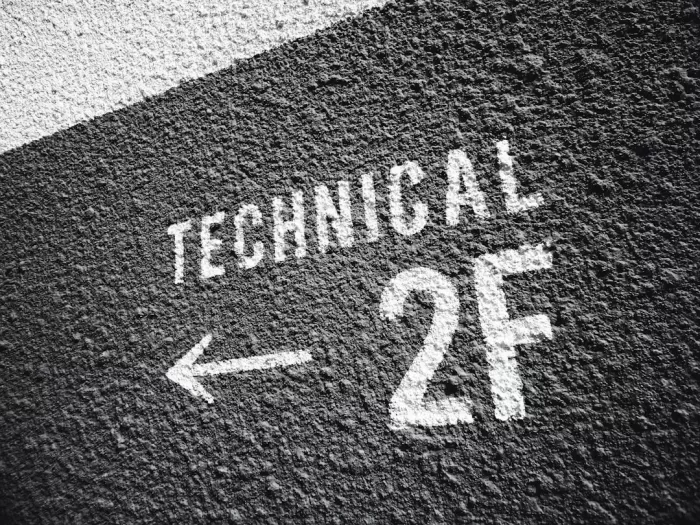
Virtual Reality Filmmaking
Virtual reality (VR) has opened up new possibilities for filmmakers, allowing them to create immersive experiences that transport viewers to different worlds. Hollywood directors are now exploring this medium to push the boundaries of storytelling.
One of the biggest challenges in VR filmmaking is the technical aspect. Unlike traditional filmmaking, VR requires specialized equipment and techniques to capture 360-degree footage. Directors need to familiarize themselves with new cameras and software to bring their vision to life.
Example:James Cameron, known for blockbuster films like Avatar, is rumored to be working on a VR project that will revolutionize the way audiences experience movies. By embracing new technology, he aims to create a groundbreaking immersive experience for viewers.
- Setting up multiple cameras to capture a scene from all angles
- Editing footage to ensure a seamless transition between different perspectives
- Integrating interactive elements to engage the audience in a dynamic way
Despite the technical challenges, Hollywood directors are excited about the creative possibilities that VR filmmaking offers. By overcoming these obstacles, they are paving the way for a new era of storytelling.
Storytelling in Virtual Reality

Virtual Reality Filmmaking
Virtual reality (VR) is transforming the way we experience storytelling. In this immersive medium, Hollywood directors are pushing boundaries and exploring new ways to engage audiences.
Immersive Experiences
Imagine being transported to a different world where you can interact with characters and influence the narrative. In VR filmmaking, viewers have the power to look around and explore the environment, making each experience unique.
Example: The Lion King VR
Picture yourself standing on the African savannah as Simba roars in front of you, or soaring through the sky with the majestic birds. This level of immersion is what sets VR storytelling apart.
Challenges and Innovations
Directors face challenges such as guiding the audience's attention within a 360-degree space. Innovations like spatial audio and creative use of visual cues help lead viewers through the story while maintaining their freedom to explore.
Future of Storytelling
As technology advances and VR becomes more accessible, the possibilities for storytelling are endless. From documentaries to narrative fiction, virtual reality opens up a new realm of creativity for filmmakers and audiences alike.
Enhancing Audience Engagement

Hollywood directors are now exploring virtual reality filmmaking.
This new frontier in the film industry allows directors to create immersive experiences for viewers.
- Example 1: Imagine being inside the world of your favorite movie, able to look around and interact with the environment.
- Example 2: Consider watching a horror film in VR where you feel like you're right in the middle of the action.
This technology is revolutionizing the way audiences engage with storytelling.
Collaborations with VR Experts

Hollywood directors are now exploring the world of virtual reality filmmaking. For example, Steven Spielberg is working on a VR project that will immerse audiences in a whole new cinematic experience.
This trend has led to exciting collaborations between directors and VR experts. For instance, Christopher Nolan teamed up with Oculus Rift developers to create a mind-bending VR short film.
- Immersive storytelling
- Interactive experiences
- New narrative possibilities
Budgeting for VR Projects

Virtual Reality Filmmaking
Virtual reality (VR) is revolutionizing the way we experience entertainment, and Hollywood directors are not far behind in exploring this new medium.
Imagine being fully immersed in a movie, where you can look around and interact with the environment as if you were part of the story.
For example, Steven Spielberg is rumored to be working on a VR project that will transport viewers into the heart of a thrilling adventure.
Budgeting for VR Projects
When it comes to creating VR content, budgeting plays a crucial role in ensuring the success of the project.
From designing immersive worlds to developing interactive elements, VR projects require careful planning and allocation of resources.
For instance, the production cost of a VR short film can range from $10,000 to $100,000, depending on the complexity of the project and the level of interactivity involved.
- Cost considerations for VR projects include:
- Equipment: High-quality cameras and VR headsets are essential tools for capturing and experiencing VR content.
- Software: Specialized software for editing and rendering VR content is necessary for bringing immersive experiences to life.
- Talent: Skilled developers, designers, and storytellers are required to create engaging VR narratives.
Distribution Challenges

Virtual Reality Filmmaking
Virtual reality (VR) has opened up new avenues for storytelling, and Hollywood directors are now exploring this immersive medium to push the boundaries of filmmaking.
Imagine being fully immersed in a scene from your favorite movie, where you can look around and interact with the environment as if you were physically there.
Distribution Challenges
However, one of the challenges facing VR filmmakers is distribution. Traditional movie theaters are not equipped to showcase VR films due to the unique viewing experience they offer.
For example, streaming platforms like Netflix and Hulu are starting to feature some VR content, but the technology is still in its early stages.
- How can VR filmmakers ensure their creations reach a wide audience?
- What platforms will emerge as leaders in distributing VR films?
Impact on Traditional Filmmaking
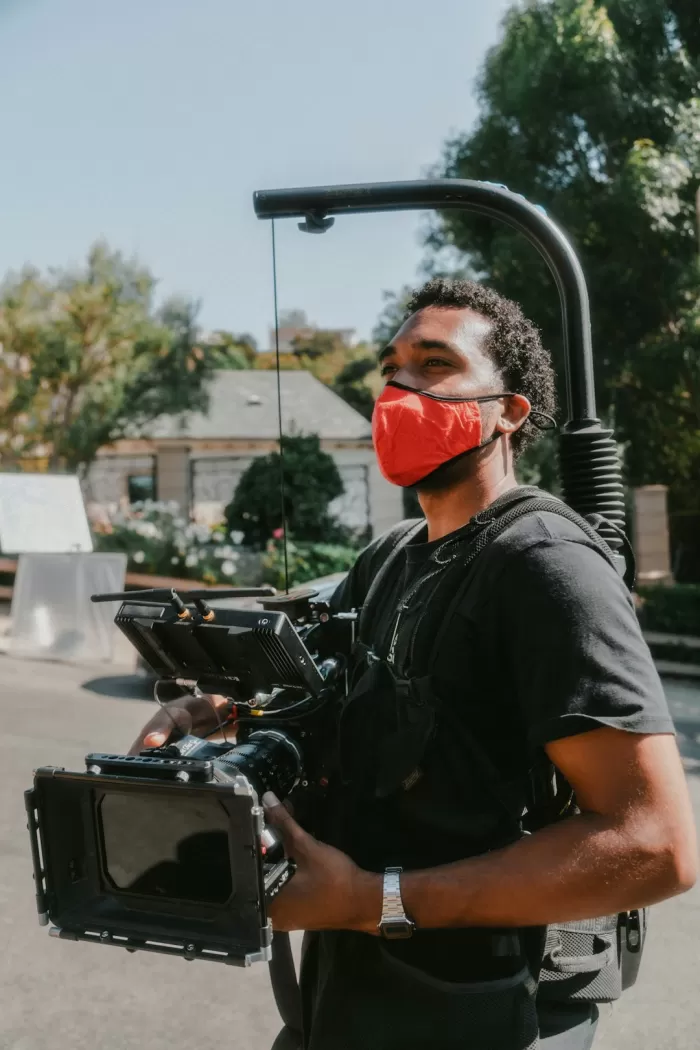
Hollywood Directors Embracing Virtual Reality
In recent years, we have witnessed a growing trend among Hollywood directors to explore the realm of virtual reality (VR) filmmaking. Directors like Steven Spielberg and James Cameron are embracing this new technology to create immersive and interactive storytelling experiences for their audiences.
For example, Spielberg's adaptation of "Ready Player One" showcased his innovative use of VR technology to transport viewers into a futuristic world where anything is possible. Similarly, Cameron is rumored to be working on a VR extension of the "Avatar" franchise, promising fans a deeper dive into the Pandora universe.
Impact on Traditional Filmmaking
This shift towards VR filmmaking is not only revolutionizing how stories are told but also challenging the conventions of traditional filmmaking. Directors are now faced with the task of incorporating interactive elements and 360-degree visuals into their narratives, blurring the lines between cinema and gaming.
- Immersive Storytelling: VR filmmaking allows directors to create fully immersive worlds where viewers can actively participate in the story, influencing the outcome through their choices.
- New Creative Possibilities: With VR, filmmakers have the freedom to explore unconventional storytelling techniques, such as non-linear narratives and multiple perspectives.
- Technical Challenges: However, the transition to VR filmmaking comes with its own set of technical challenges, including mastering new camera setups and post-production techniques.

